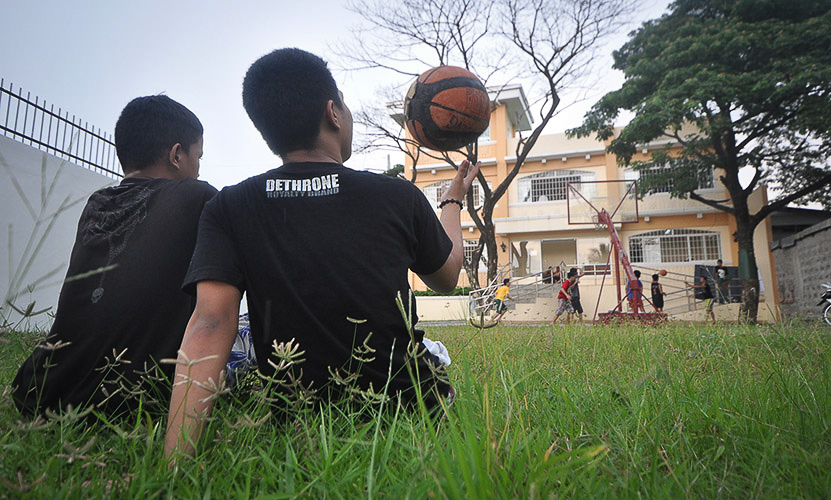
Senator Win Gatchalian is calling for a comprehensive review of the Juvenile Justice Welfare Act of 2006 (Republic Act No. 9344, as amended) as an alternative to lowering the criminal age of responsibility.
“Rather than lowering the minimum age of criminal responsibility, the more feasible solution to the growing number of children in conflict with the law (CICL) is the full and proper implementation of RA 9344, as amended, and the examination of laws accruing to the responsibility of parents and guardians in the exercise of moral authority and guardianship for the general welfare of these children,” Gatchalian declared in Senate Resolution No. 268, which directs the appropriate Senate committee to conduct a review of the law’s implementation.
Gatchalian, a long-time advocate of youth rights and welfare, explained that long-term change in juvenile delinquency prevention and juvenile justice can only be achieved by addressing the root cause of child crime: pervasive poverty in urban slums and rural villages.
Instead of focusing on the age of criminal liability, Gatchalian stressed that, “The country should focus on treating the root cause of the problem and undertake programs to prevent children from committing crimes at an early age.”
In support of his proposition, Gatchalian pointed to a 2015 UNICEF-commissioned independent evaluation which identified significant gaps in existing rehabilitation and reintegration programs for CICLs, indicating that the Philippines has yet to meet international protection standards for juvenile delinquents.
One glaring example of this, according to Gatchalian, are the inhumane and decrepit living conditions suffered by CICLs in most Bahay Pag-asa Centers as reported to the Juvenile Justice Welfare Council.
“We should exhaust all options in trying to fix the current juvenile justice system before we start throwing toddlers in jail,” said Gatchalian.
Gatchalian expressed optimism that a thorough review of the existing law would serve as a turning point for juvenile justice outcomes in the Philippines resulting in lower crime rates among children, while maintaining adherence to a system which prioritizes rehabilitation and reintegration of juvenile delinquents over vengeance and retribution.
“Proponents of lowering the age of criminal responsibility are too quick to give up on underprivileged kids in trouble with the law. For me, however, these troubled children deserve the benefit of the doubt. These kids aren’t lost causes, and I believe that we can still help them turn their lives around by lending a firm but nurturing helping hand,” said Gatchalian.


